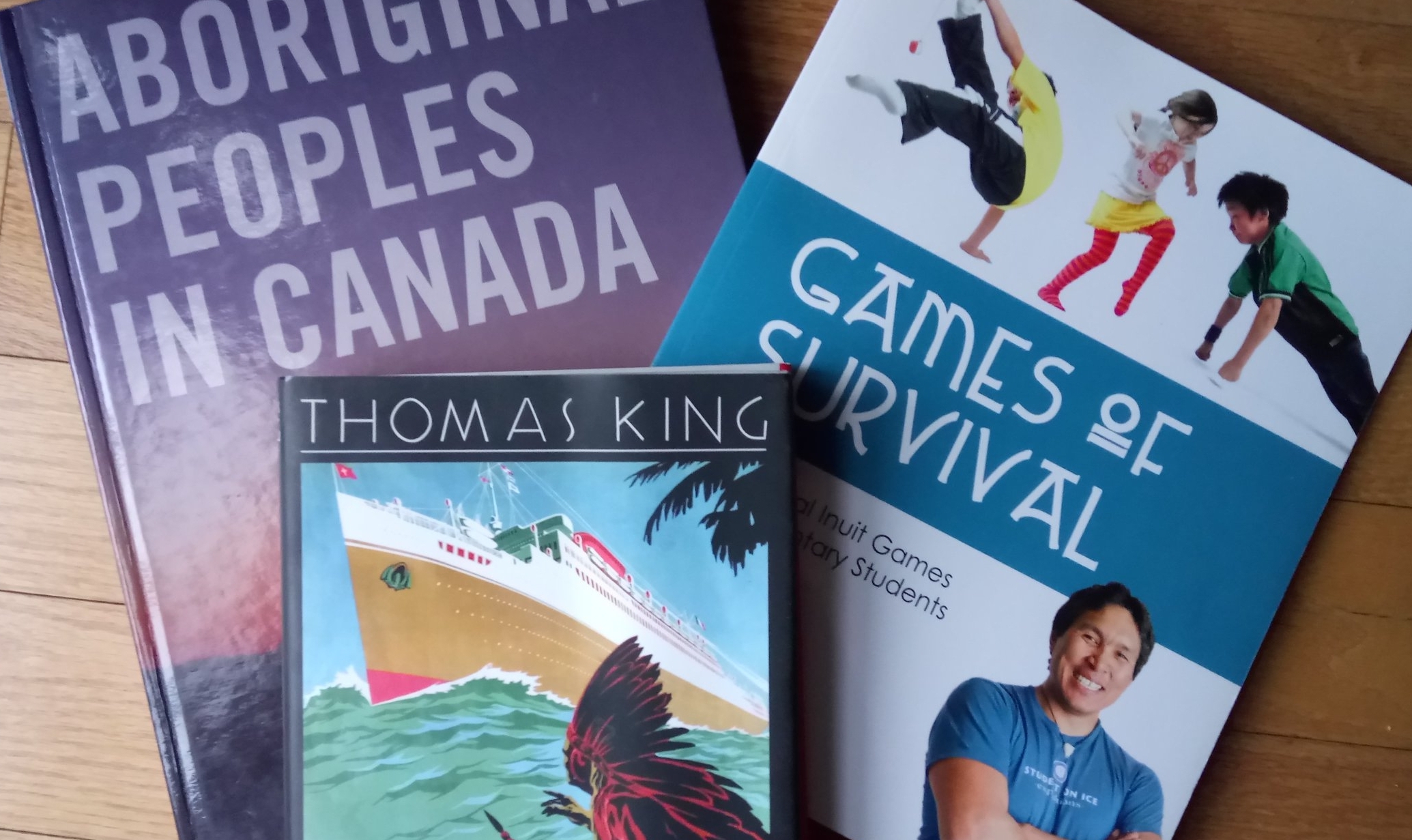Dr. Jean-Paul Restoule and I are excited to partner with The Robertson Program for Inquiry-based Teaching in Mathematics in Science for a new webinar series which begins on March 29th at 7pm (EST). Tickets are free and everyone is welcome.
About our guests this month
Marlo Beaucage is a member of the Red Rock Indian Band. She graduated in 2008 from Lakehead University, Native Teacher Education program with a Bachelor of Arts degree focusing on English and Ojibwe language. After teaching Ojibwe for five years in the provincial school system, Marlo began to teach within Aroland First Nation at Johnny Therriault School, where she taught Grades 1/2, 3/4, and 7/8. She is currently the Special Education Resource Teacher along with the Coordinator of Choose Life. Marlo also had the opportunity to collaborate and provide her classroom experience and story for Natural Curiosity 2nd Edition. Marlo has acquired Principal’s Qualifications and is currently pursuing a Master of Education with a focus in land-based education through Lakehead University in partnership with Biigtigong Nishnaabeg. Her research and thesis will focus on incorporating authentic land-based teachings that support student identity and Ojibwe language revitalization within the classroom and school setting, all while respecting community values and traditions.
Nancy O'Donnell is a member of Red Rock Indian Band and has been working in education for the past 26 years. She has a range of experiences teaching in Primary, Junior/Intermediate and Secondary divisions. Seven of her 26 years of teaching have been in First Nations in Northwestern Ontario; for the other 19 years, she has worked in the provincial school system. Nancy obtained her Honours in Biological Science degree from the University of Guelph, which led to her passion for teaching secondary school Biology. Nancy recently moved into a leadership position as the Indigenous Education Lead and is currently working for the Anishinabek Education System as an Education Coordinator. She recently obtained her Principal’s Qualifications and is completing a Master of Education with a land-based focus, through Lakehead University in partnership with the community of Biigtigong Nishnaabeg. Nancy is committed to supporting education for Anishnaabek youth by recognizing the importance of language, culture and identity as key areas of education.
Webinar Description
Indigenous land-based teachings, when carried out in collaboration with community Elders or Knowledge Keepers, can provide rich learning experiences for Indigenous and non-Indigenous students. Educators in this session will be provided with ideas and connections in mathematics and science using Indigenous land-based experiences. Learn how to connect these activities to the current curriculum!
